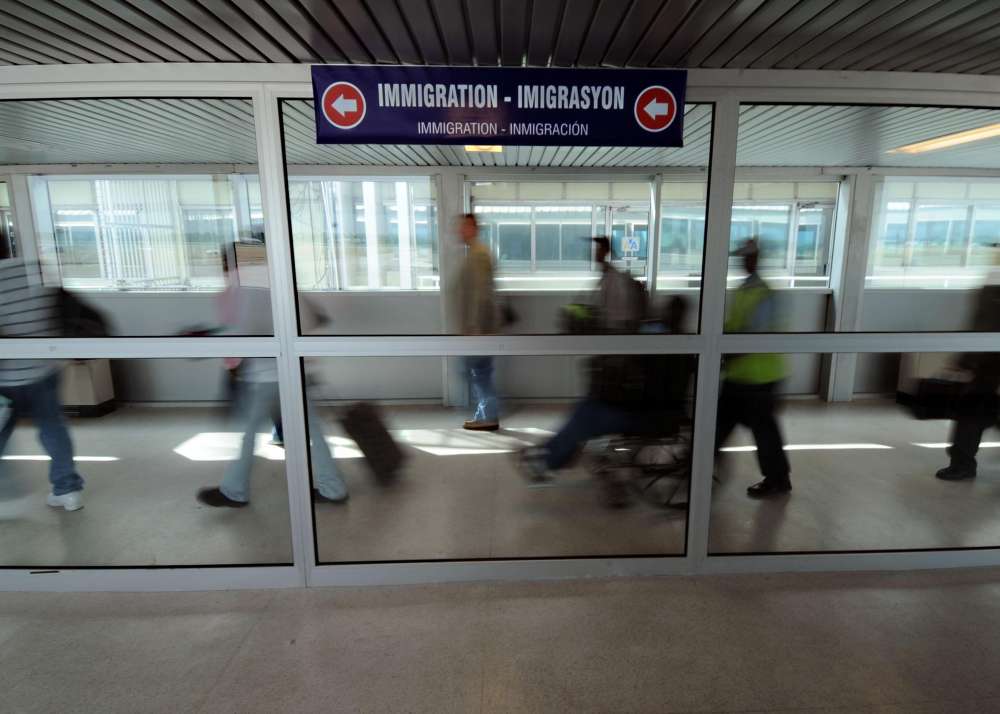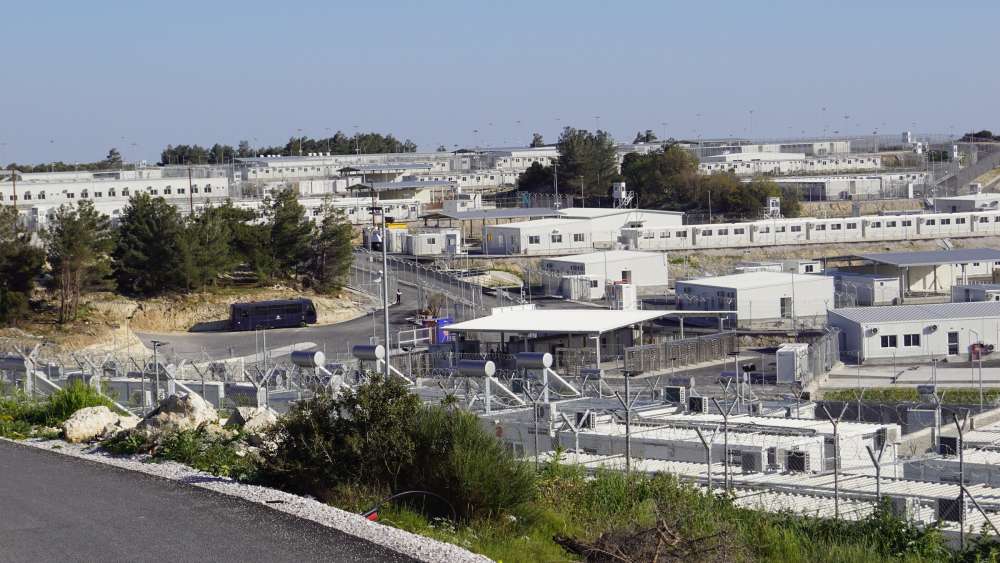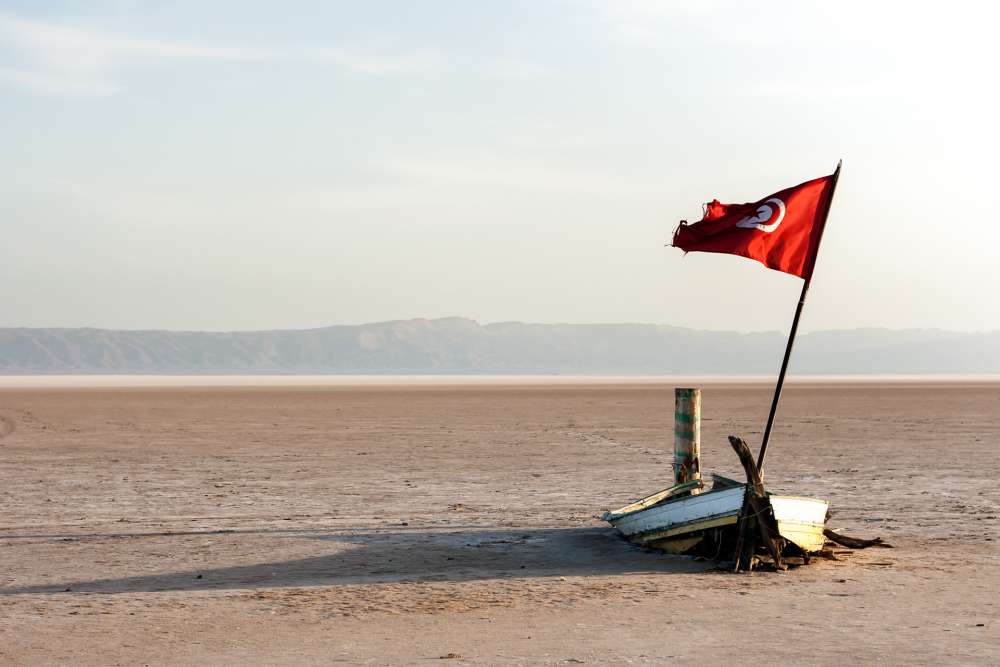When Can Refugees Claim Their Home States Failed to Protect Them?

Since 2004, when an EU directive called the Qualification Directive established criteria to determine refugee status, EU member states can no longer restrict refugee status to people fleeing harm caused by nation-states. However, when escaping harm caused by non-state actors, asylum seekers will be recognized as refugees only if they do not receive “effective protection” in their countries of origin.
This article compares how jurisprudence in Germany, the United Kingdom and the Netherlands determine whether there is effective protection in countries of origin, finding significant differences and flaws. Dutch courts presume that there is effective protection and expect asylum seekers to rebut that presumption. This creates an additional burden for the recognition of refugee status not foreseen in international law. In Germany and the UK, some courts, instead of making individual assessments, base their decisions on the state’s ability to protect in general terms. However, under international law, a person is still considered a refugee when the state fails, in spite of its best efforts, to protect the person.
These differences and flaws are not so much caused by EU law, the article argues. Rather, the causes are a faulty domestic interpretation of the law, as well as remnants of old practice from before 2004. Yet, both the 2004 EU directive and its 2011 revision have not defined “effective protection” in a way that would have led to harmonizing good practice.
…
The edited volume, titled Seeking Asylum in the European Union – Selected Protection Issues Raised by the Second Phase of the Common European Asylum System, is available in hardcover and e‑book (full version or individual chapters) via Brill publishers.







